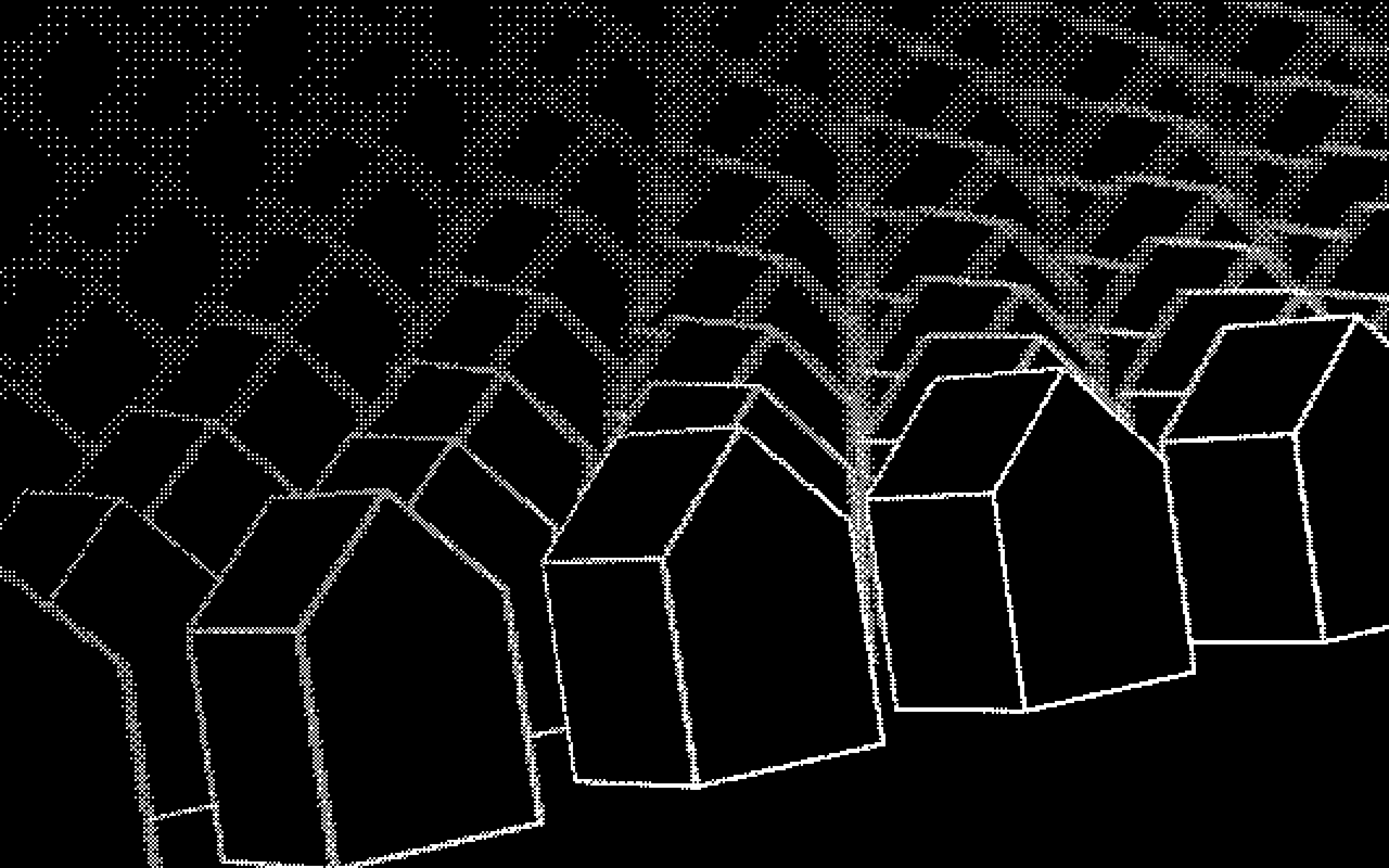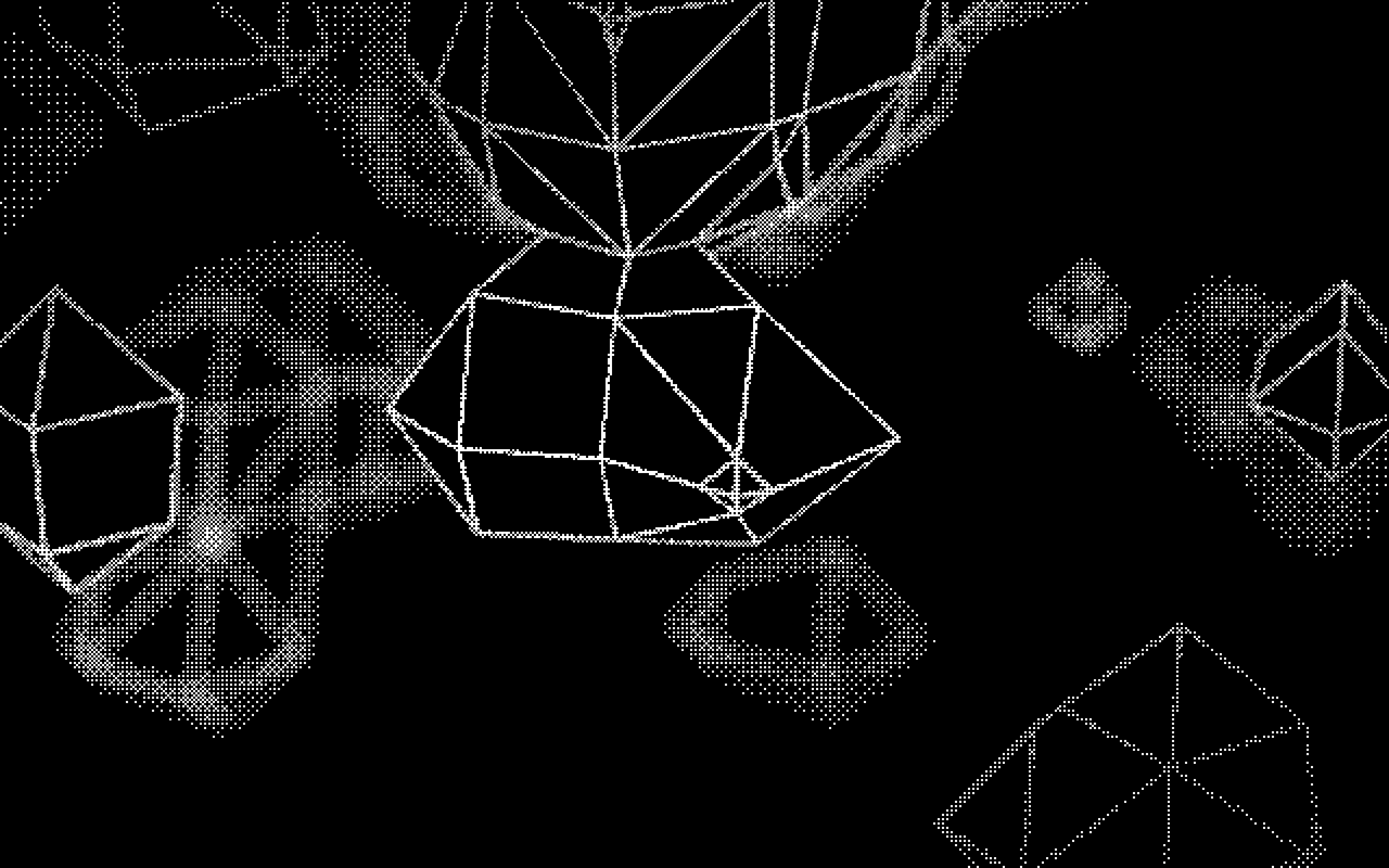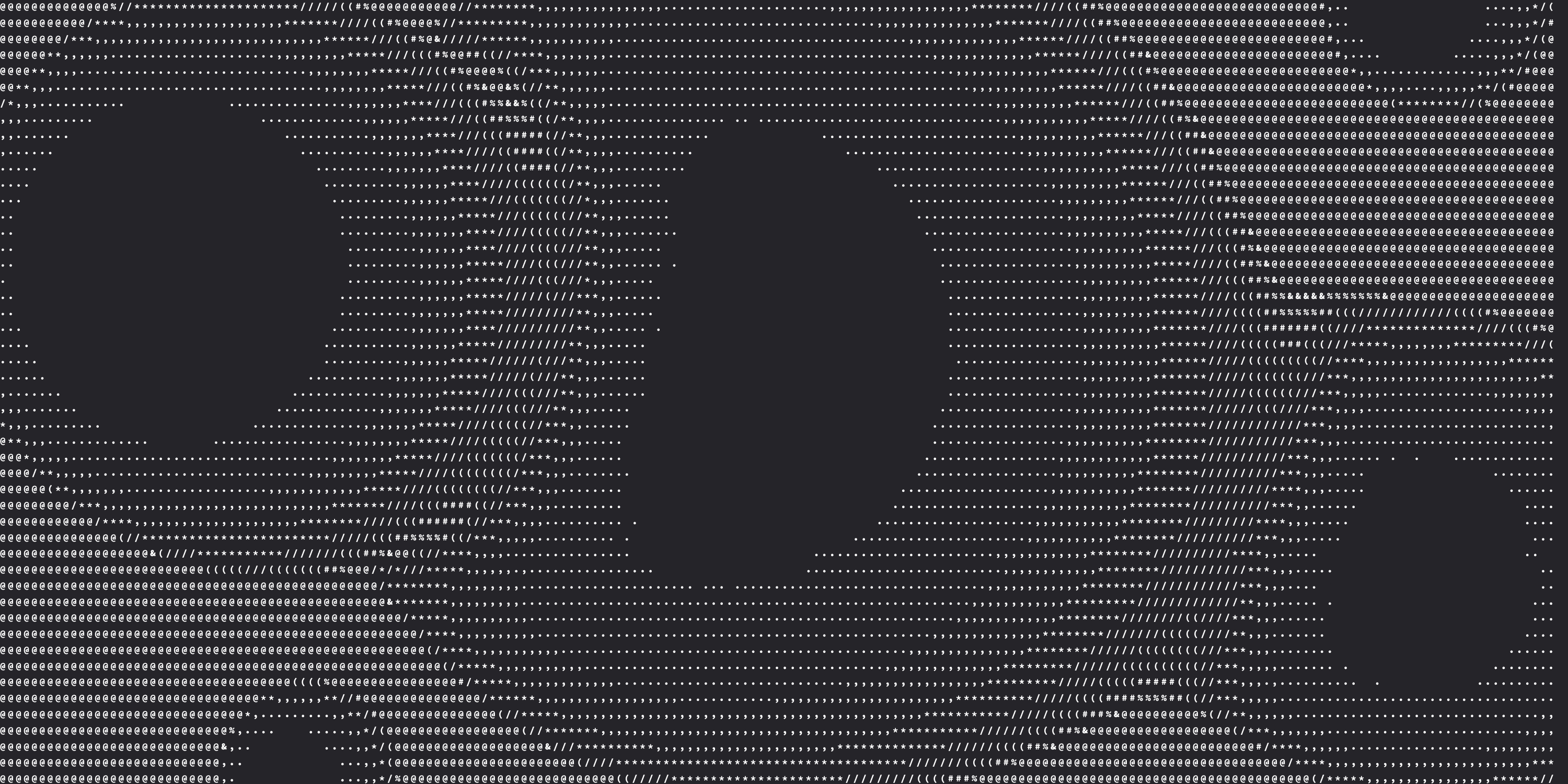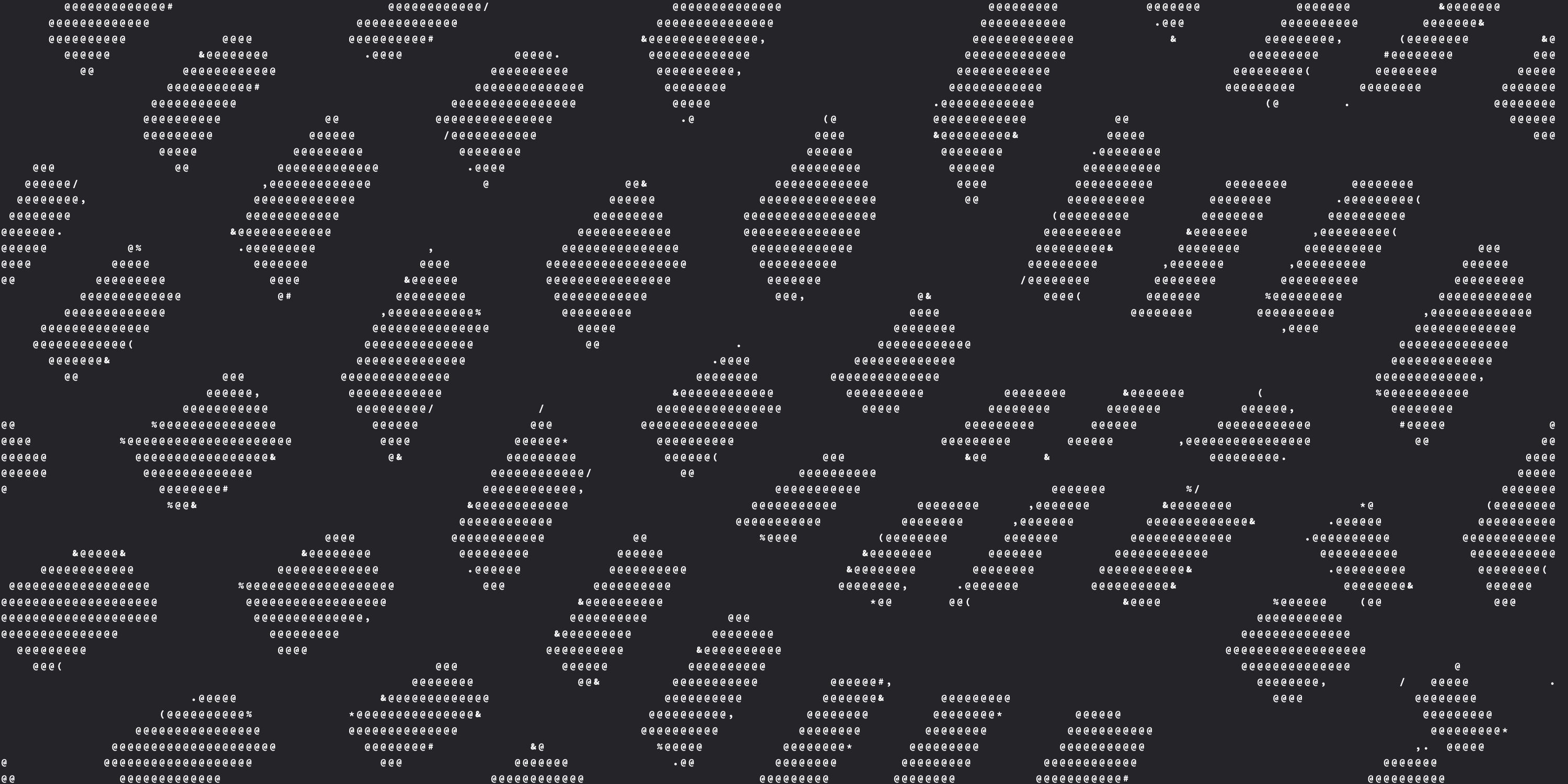At Spacemesh, we believe that home smeshers are the key to a healthy cryptocurrency ecosystem, and that cryptocurrency projects and communities should be doing everything possible to empower them. This is essential for three reasons. Firstly, because it ensures true decentralization and good governance, with many full nodes that make capture of the network by large, minority players unlikely. Secondly, there are many people in this world—especially young people—who don’t have access to the traditional financial system in the form of bank accounts and credit cards, and we need to make sure that they can mine their first Smesh coins from home, permissionlessly. And thirdly, because we believe in self-sovereignty and personal responsibility, and running a full node and contributing to network security by mining are important parts of that.
But despite the importance of home miners, one of the most common trends we see as cryptocurrency platforms scale up is that home miners start to dwindle, since mining from home is no longer profitable. In these cases, effective mining requires massive capital investment and entails economies of scale, creating high barriers to entry that the average home miner simply can’t overcome.
Why home miners are let down as platforms scale up
Under proof of work blockchains like Bitcoin, miners must “race”. The result is that miners with more hash power will win this “race” more often, contribute the next block in the chain, and win the associated block reward. Under Proof of Stake, the winner is instead determined by a lottery system where those with more stake have a higher probability of winning (i.e., more lottery tickets). In both cases, the rich get richer.
This is generally very bad for home miners, because a rich-get-richer system favors bigger, more powerful “whales”—whether that entails more processing power or greater stake. Once these whales take over a network, the home miner’s only choice to stay in the game is to join a mining or staking pool. But pools undermine the sovereignty of the home miners who join them, in addition to creating another barrier to entry in the form of setup costs and fees collected by the pool operator.
The race to “race-free”
Spacemesh is different, though. The Spacemesh distributed ledger is composed of layers where miners collaborate to construct blocks. This makes our protocol “race-free”, meaning that there is no single winner to take it all. Every single smesher (that is, somebody who runs a full node on the Spacemesh network) receives rewards directly in proportion to the space they’ve committed, relative to the total space in the network. What this means is that, rather than having a race or lottery-like system where big payouts happen infrequently, home smeshers can expect small payouts on a regular and predictable basis. And all without the need to join a smeshing pool.
So, as long as the home smesher’s profits from rewards exceed the costs of running a node, there is an incentive for home smeshers to remain on the network. This is very likely to be the case, since the costs of running a Spacemesh node at home are minimal. Standard, readily available hardware will do the trick, often without any additional investment, with the main expense for a home smesher coming from the power costs of always keeping a computer and internet connection on. So even if whales make substantially larger gross profits, their marginal costs will always be higher.
In other words, there will always be a place for home smeshers to thrive in the Spacemesh ecosystem.
So all smeshers are guaranteed rewards, no matter how big the network gets?
Yes. However, while we guarantee a reward for every smesher, the amount rewarded is ultimately dictated by market dynamics and will depend on the cost of storage and alternative storage monetization options.
Regardless, home smeshers will always know that a reward is coming. And if they decide to stop smeshing for a while, rejoining the network will be as simple as reopening their smapp or SMRepl and syncing from where they left off.
Join our newsletter to stay up to date on features and releases



